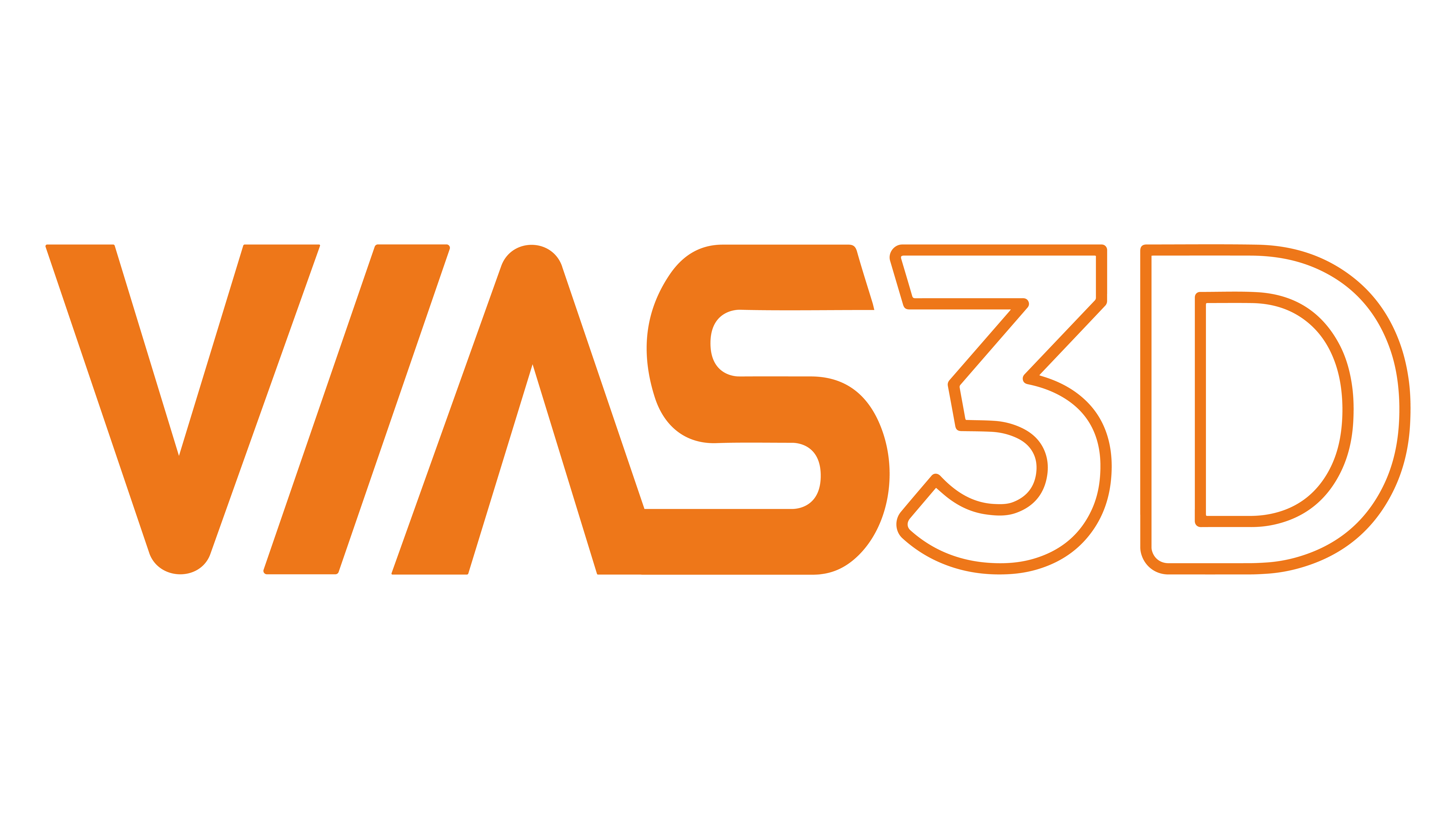The MpCCI interface software is a vendor neutral solution for co-simulation and file based data transfer supporting commercial and research simulation tools in different engineering disciplines.
MpCCI
Software Neutral Solution
The MpCCI interface software is a vendor/ software neutral solution for co-simulation and file-based data transfer.
Best Platform
The MpCCI solution is the best platform for bi-directional co-simulation as well as uni-directional mapping of simulation results in process chains.
Supports Simulation Tools
MpCCI supports a growing number of commercial as well as research simulation tools in different engineering disciplines.
MpCCI Coupling Environment
MpCCI Coupling Environment has already successfully been used in various application domains:
- Fluid-Structure-Interaction for Aero-Elasticity and flexible Components in Machinery Design
- Thermal Stress and Vibrations in Turbomachinery Applications
- Combined System and 3D Continuum Models for Vehicle and Machine Dynamics
- Coupled Fluid and Radiation for Automotive Thermal Management
- Thermal and Magneto-Hydrodynamic Effects in Electrical Components
- Fluid-Structure-Interactions in Bio-Medical Applications
Structural Analysis
- Abaqus [6.14, 2016, 2017]
- ANSYS Mechanical [14.5, 15.0, 16.0 – 16.2, 17.0 – 17.2, 18.0]
- MSC.Nastran [2013.0, 2014.0, 2014.1, 2016.0, 2016.1, 2017.0]
- MSC.Marc [2013, 2013.1, 2014, 2014.1, 2014.2, 2015, 2016]
System Modelling
- MATLAB [R2013b, R2014b, R2015a, R2016b]
- MSC.Adams [2013 – 2013.2, 2014, 2015 – 2015.1, 2016, 2017]
- SIMPACK [9.7, 9.8.1]
- FMI for co-simulation (under development)
Electro-magnetics
- ANSYS Emag [14.5, 15.0, 16.0 – 16.2, 17.0 – 17.2, 18.0]
- FLUX [10.3 – on demand]
- JMAG [13.0, 13.1, 14.0, 14.1, 15.0, 15.1]
Fluid Dynamics
- ANSYS ICEPAK [14.5, 15.0, 16.0 – 16.2, 17.0 – 17.2, 18.0]
- ANSYS Fluent [14.5, 15.0, 16.0 – 16.2, 17.0 – 17.2, 18.0]
- FINE/Open [4.1 – 4.3, 5.1, 5.2, 6.1]
- FINE/Turbo [9.1-1 – 9.1-3, 10.1, 10.2, 11.1]
- OpenFOAM [1.7, 2.0 – 2.4, 3.0, 1606+, 1612+]
- STAR-CCM+ [9.02 – 9.06, 10.02 – 10.06, 11.02 – 11.06]
- STAR-CD [4.16, 4.18, 4.20, 4.22]
Radiation
- RadTherm / TAITherm [11.0 – 11.3.2, 12.0 – 12.2]
- Flowmaster [7.6, 7.7, 7.8, 8.0, 8.1, 9.0, 9.2]
Programming Interface
- Fully documented programming interface (C/C++, F77) to adapt further inhouse or research codes to MpCCI CouplingEnvironment.
MpCCI Fsimapper
Quantities that can be read and mapped include film temperature, wall heat transfer coefficient, the wall heat flux, standard and complex pressure, and force densities.
Mapped quantity values can be then simply imported into the Abaqus or Nastran models.
Furthermore, it is possible to compare two geometries with the MpCCI FSIMapper.
Major Features
- File-based mapping solution
- Robust and efficient algorithms
- Handling non-matching geometries
- Automated model positioning
- Fourier Transformation
- Handling cyclic symmetric geometries
- Volume based temperature fields
- Interactive visualization
- Batch capability


CFD
Source Formats
- ANSYS Fluent (.cas, .dat)
- ANSYS CFX (.csv)
- EnSight Gold (.case)
- FINE/Turbo (.cgns)
- FloTHERM, FloTHERM XT
- FloEFD
Quantities
- Pressure
- Heat flux
- Temperature
- Film temperature, heat coeff.
EM
Source Formats
- MagNet (.vtk)
- JMAG (.bdf)
Quantities
- Force
FEM
Target Formats
- Abaqus
- ANSYS Mech.
- MSC Nastran
Target Analyses
- Deformation
- Stress
- Heat transfer
- NVH
- Fatigue
MpCCI Mapper
The MpCCI Mapper checks the geometric compliance of models by calculating the local distances between them. Automatic mesh alignment helps to adjust the positions of models if they are not in a non-conformal coordinate system.
A robust mapping algorithm enables the transfer of various physical quantities (with nodal-, element- or shell-layer based locations) for all standard shell element and mesh types. The mapping works for different integration types as well as for different number of integration points in thickness direction for source and target model.
Major Features
- Automatic Model Positioning
- Mapping
- Validation
- Analysis
- Post Processing

Forming
Supported Simulation Disciplines And Codes
- LS-Dyna
- PAMStamp
- AutoForm
- RADIOSS
- Indeed
- Forge
Crash
- LS-Dyna
- PAMStamp
- RADIOSS
- Abaqus
- ANSYS Mech.
- MSC.Nastran
Welding
- Abaqus
- ANSYS Mech.
- Sysweld
Measurement
- Argus / Aramis
- Atos
- Autogrid
- STL
Mechanical
Supported Quantities
- Thickness
- Stress
- Strain
- Plastic strain
- Pressure
- Local material properties
Thermal
- Temperature
MpCCI Arclib
This is provided as an add-on MpCCI CouplingEnvironment for the electric arc simulation based on ANSYS Emag and ANSYS Fluent solvers.
A best practice co-simulation algorithm is included in the package. The application framework supports different strategies to model the contact motion such as remeshing arcing area during the calculation, using a set of predefined meshes to guarantee a minimum cell quality over the simulation.
Beside co-simulation enhancement, the tool includes the standard approximations for arc modeling used in industry:
- Material properties computed in the LTE approximation
- Enhancement of standard radiation model implemented in flow solver
- Interaction of the arc with the electrodes (arc roots)

